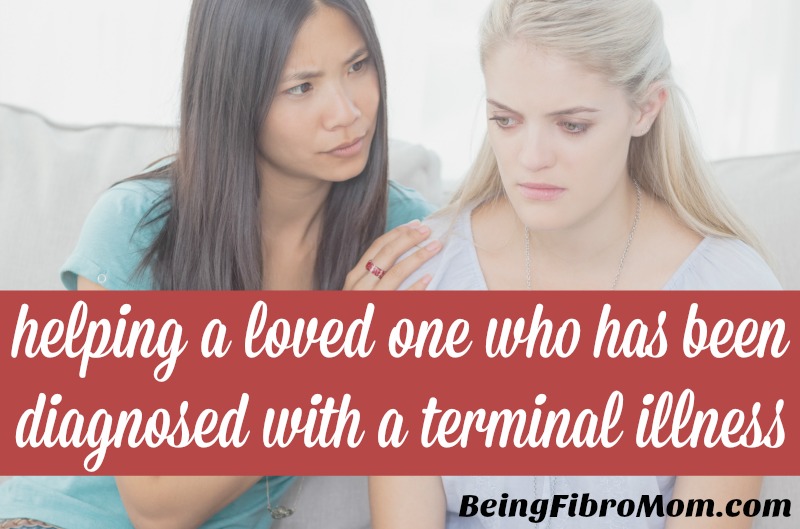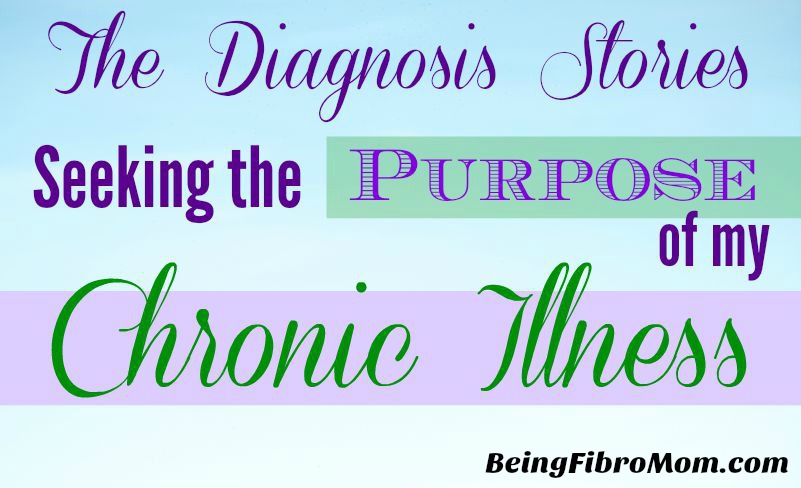
Shock, despair, denial—it’s a tough mix of emotions when one finds out that a close friend or family member has been diagnosed with a serious illness. The road ahead may be one of the most difficult you’ve faced in your life, but being there in the best capacity for your loved one during the end is vital.
5 ways to help a loved one diagnosed with a terminal illness #terminalillness Click To Tweet
Helping a loved one who has been diagnosed with a terminal illness
Become Their Listener
There aren’t any words to make a situation like this better. Facing the inevitability of your friend or family member’s passing means having numerous questions and they’ll likely come to you with some of their own as well. It’s okay not to have an answer; in these situations, most times there aren’t answers. It’s understandable to want to be able to provide words of comfort, but for many who are facing terminal illness, this can actually worsen the situation. Instead, become their go-to listener. Take in their fears, frustrations, anger, and anything else. You’d be amazed at the sense of peace a listening ear can bring.
Leaving Nothing Unsaid
Knowing about the imminent passing of a friend is a different experience than an unexpected death, and gives you the opportunity to say things you might have left unsaid without this push. Knowing your friend is terminally ill provides you with a window of time in which to do all the things with them you’ve planned, and say anything you may have let go unsaid otherwise. This will help both you and your friend work towards acceptance of this horrible news. Maybe there’s no earth-shattering talk to have, and that’s perfectly okay. Sometimes it’s a great idea to ask your friend or family member about their past, their favorite memories, and to spark conversation about the wonderful things they’ve experienced. This may help affirm that their life had great worth and shift focus to all of the positive things they’ve been through.

Having the Hard Conversations
When it comes to terminal illness, funeral planning is an unsavory but necessary conversation you’ll need to have with your friend if the funeral will be tasked to you. This may mean gathering the necessary documents, talking to local professionals, and most importantly, finding out what your friend would like in the funeral. If they’re resistant to talking about it, chat with loved ones. The sooner you can do the planning, the less stressful it will be on everyone, and it may provide an added sense of peace for your friend. Keep in mind that funerals are very expensive, and it’s not unusual to spend upwards of $10,000 on a burial depending on their wishes and the wishes of their loved ones when it comes to ceremony. If they don’t have life insurance, depending on the restrictions and the timeline provided by medical professionals, consider looking into burial insurance costs and rates. If that’s not applicable, consider asking for help from family and friends on a crowdfunding site like YouCaring.com. The last thing you need to be worried about after losing someone special to you is the finances involved, so getting this resolved long before you have to say goodbye is in the best interest of everyone who will be touched by their passing.
Hospice Care
Are you considering hospice care? When your loved one is no longer benefiting from regular medical treatment and has shifted focus from a cure or delay of disease, hospice care can help control pain and make your loved one as comfortable as possible in their final days. This can help improve their quality of life, and take pressure off of family and friends who are not able to handle the responsibility. Hospice care doesn’t need to be constant and continuous once begun; should your loved one’s condition improve, you can stop and resume as necessary. Consider a local hospice care service and make sure your loved one’s last few days are as comfortable as possible.
Don’t Forget About Yourself
While your focus will be on your loved one, don’t forget to pay attention to your own needs during this time. Even taking the time each night to relax and decompress on your own can make you feel calmer and more prepared to help your loved one during the day, and will give you more of a chance to start working through your grieving process. You’ll be dealing with a great deal of mental strife, so do your best to stay healthy and not fall into negative habits. This will leave you in the best position to provide comfort and support to your loved one.
Pin It

Related Posts




